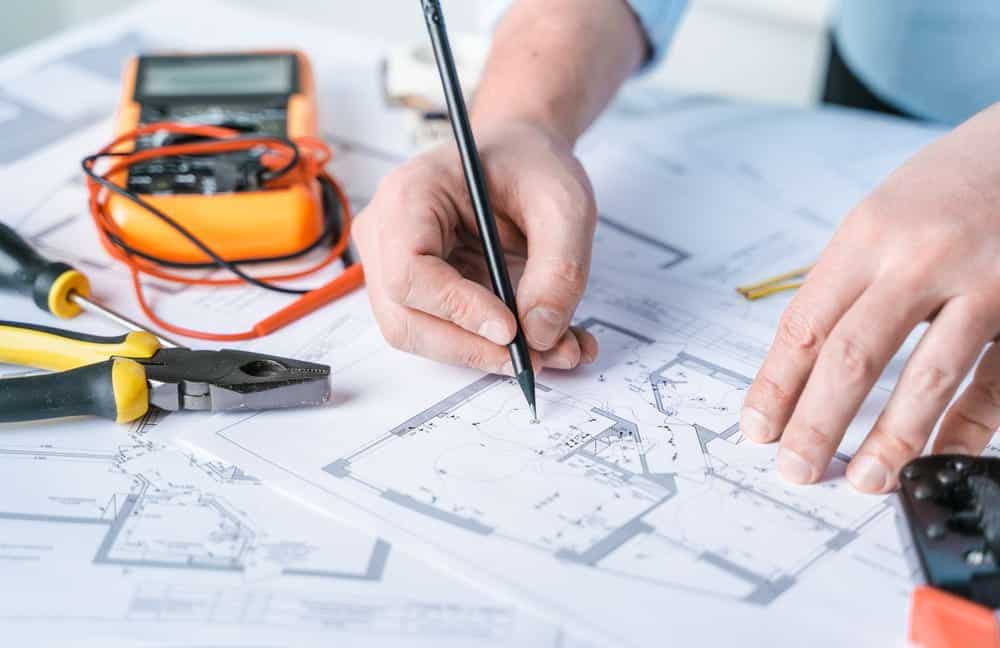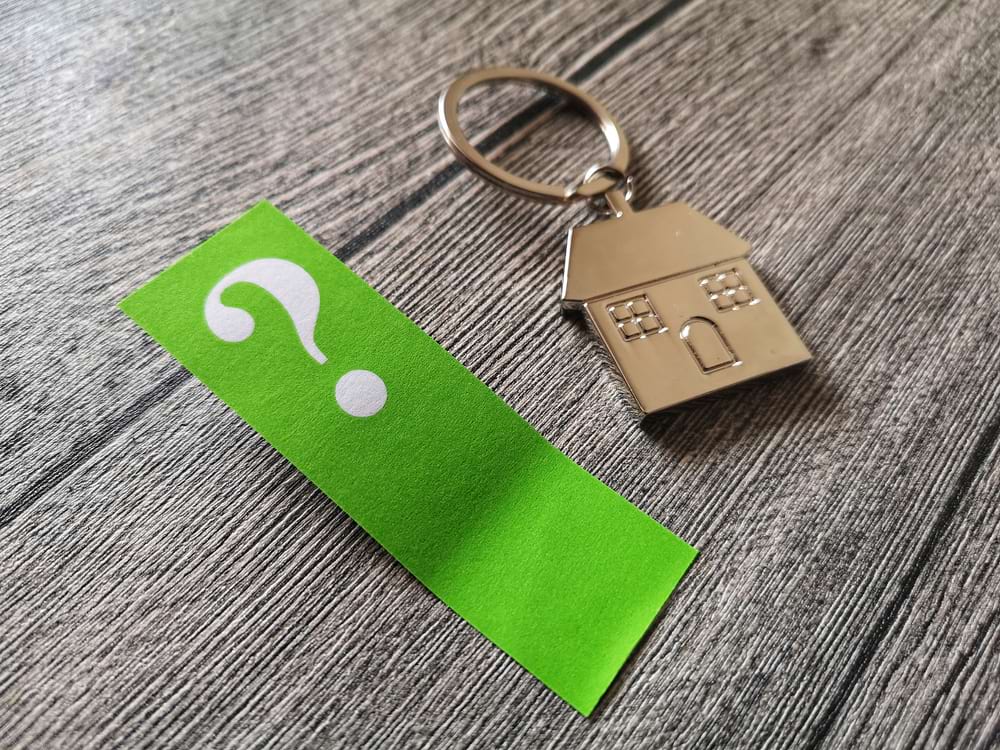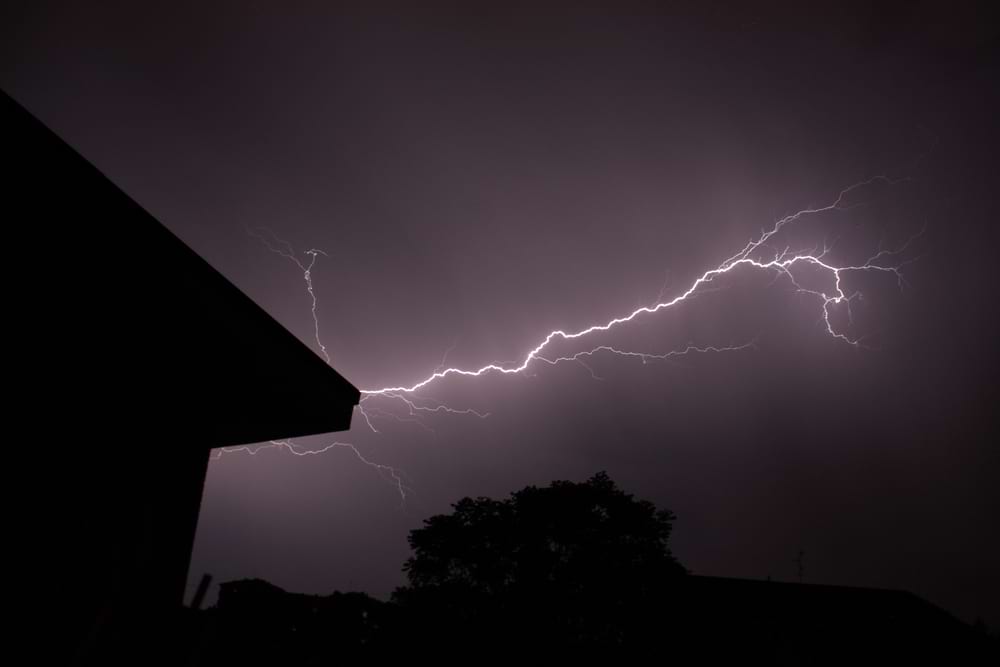Most people that buy property in the UK do so with mortgages.
However, some property buyers are cash buyers.
But what exactly does this mean? And is it legal to buy a house with cash?
Keep reading this blog to find out.
Is it legal to buy a house with cash?
Yes, it is legal to buy a house in cash.
In this context, buying with cash doesn’t mean physical cash is handed over.
(After all, the average house price in the UK is around £290,000. This would fill an entire suitcase…)
Instead, cash buying means the buyer doesn’t need a mortgage to pay for the house. They have all the required funds without outside help.
Cash buyer checks
Certain procedures must be carried out to prove that cash sales are legitimate. This is similar to any other method of paying.
For example, cash buyers will need to show:
- Proof of ID
- Proof of address.
They won’t need to show proof of income, but they will need to provide details about the source of your funds. More on this below.
Do cash buyers need to prove where money has come from?
Cash buyers must provide the seller’s estate agent with proof of funds. This can usually be done through bank statements.
These estate agents might also ask for details about the source of funds. This is because they need to comply with money laundering rules.
Source of funds checks
Source of funds checks are essential for money laundering checks.
They are required in several situations, including when money from countries outside of the UK is used to buy a house in the UK.
There are three common ways for sellers (including cash buyers) to prove the source of funds:
- Savings account statements
- Confirmation of gifted money
- Evidence from estate executors of inheritance money.
The more detail and supporting evidence sellers provide, the better.
Examples of information required for source of funds
Source of funds checks have many criteria. This includes information and evidence about:
- The person or organisation the seller received the money from
- The bank that facilitated the transfer of money needs (it must be properly regulated).
Remember that while all organisations operate within UK laws, some are stricter than others.
Not all countries or methods are accepted
There might be certain countries of origin or methods of transfer that won’t be accepted.
Some providers and destination countries may set transfer limits, too.
Can I buy a house with physical cash?
No, it is extremely rare for this to be allowed. This is because of the money laundering rules in the UK.
Can I buy a house in cash in someone else’s name?
Yes, buying a house in cash in someone else’s name is possible – if you follow the correct procedures.
You need to prove that you have the right to do this. This is usually achieved through a Declaration of Trust.
A solicitor can create this legal document. It states that the person whose name appears as the owner is holding the property for the benefit of someone else.
You must also provide the relevant documents for the person you buy it for. This includes proof of their ID and address.
Tax implications for buying a house for someone else
There will often be tax implications when you buy a house for someone else.
For example, first-time buyers often avoid stamp duty, which they don’t benefit from if you buy it on their behalf.
Can I buy a house in cash and then get a mortgage?
Yes. This is completely legal. It is most commonly known as delayed financing.
Some people do this because cash buyers are more attractive to sellers. This means that the seller is more likely to choose you.
Why are some properties ‘cash buyers only’?
There are numerous reasons why this might be the case.
A common explanation is that there are problems with the house that stop buyers from getting a mortgage.
This might include:
- Structural issues
- A short lease
- Problems with damp
Or a range of other serious issues. In these instances, only a cash buyer might be likely to buy it.
Another reason is because the seller needs money quickly. Sales can complete far sooner with a cash buyer.
The seller might have had an issue with a buyer backing out before.
This can make them feel untrustworthy of people buying with a mortgage and only want to deal with cash buyers.



















